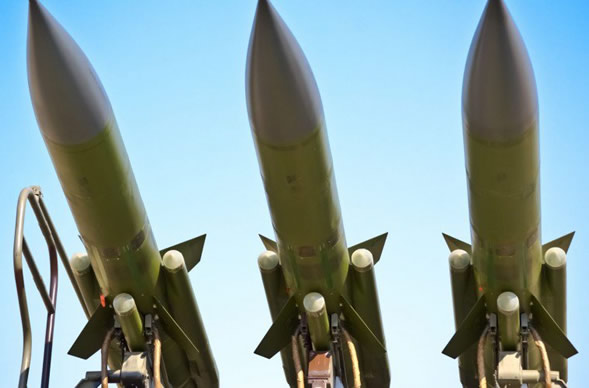
The United States and South Korea have ramped up defence cooperation, including joint drills, in the face of growing threats from nuclear-armed Pyongyang, which has conducted a wave of banned weapons tests in recent months.
North Korea has said its nuclear weapons and missile programmes are for self-defence, and has bristled over US-South Korea military exercises, describing them as rehearsals for an invasion.
“It will be regarded as a clear declaration of war against the DPRK, in case such military response as interception takes place against our tests of strategic weapons,” Kim Yo Jong, North Korean leader Kim Jong Un’s powerful sister, said in a statement, using North Korea’s official name.
“The Pacific Ocean does not belong to the dominium of the U.S. or Japan.”
North Korea is “always on standby to take appropriate, quick and overwhelming action at any time”, added her statement, published by the official Korean Central News Agency.
This month, the US and South Korean militaries will hold their largest joint drills in five years.
Ahead of those exercises, named Freedom Shield and scheduled for at least 10 days starting March 13, the allies held air drills this week featuring a nuclear-capable US B-52 heavy bomber.
In a separate statement on Tuesday, North Korea’s foreign ministry accused the United States of “intentionally” ramping up tensions.
“The recent joint air drill… clearly shows that the US scheme to use nuclear weapons against the DPRK is being carried forward at the level of an actual war,” it said in a statement published by KCNA.
“We express deep regret over the irresponsible and worrying muscle-flexing of the US and South Korea.”
– ‘Irreversible’ nuclear power –
Last year, Pyongyang declared itself an “irreversible” nuclear power and fired a record-breaking number of missiles.
Kim Jong Un recently called for an “exponential” increase in weapons production, including tactical nukes.
North Korea has framed its missile tests and military drills as justified countermeasures following US-South Korea drills.
Last week, it called on the United Nations to urge a halt to these exercises and reiterated that its nuclear weapons ensured the balance of power in the region.
South Korea is eager to reassure its increasingly nervous public about the US commitment to so-called extended deterrence, where US military assets, including nuclear weapons, serve to prevent attacks on allies.
Last month, a tabletop US-South Korea exercise at the Pentagon focused on responses to a nuclear attack by North Korea.
Pyongyang responded to that exercise by firing cruise missiles, and claimed that ramped-up US-South Korea drills “can be regarded as a declaration of war”.
AFP











